Life
Sign up for our newsletter
We summarize the week's scientific breakthroughs every Thursday.
-
 Plants
PlantsPoppy yields the final secret to making morphine
Scientists have successfully transplanted most of the morphine synthesis pathway from poppies to yeast. Now the final step is ready to be put in place.
-
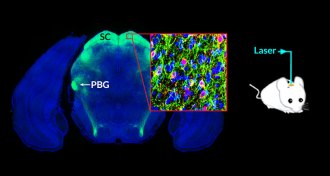 Neuroscience
NeuroscienceOne path that fear takes in the brain discovered
By hijacking a newly discovered pathway in mice’s brains, scientists inspire fear.
-
 Health & Medicine
Health & MedicineSpit test could provide early warning of head, neck cancers
A new study shows that signs of head and neck cancer can be detected in saliva and blood plasma even before tumors are clinically diagnosed.
-
 Life
LifeHow vitamin B12 makes pimples pop up
Vitamin B12 causes acne by altering metabolism of skin bacteria.
-
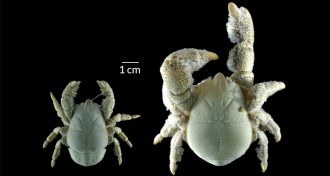 Animals
AnimalsNewly discovered yeti crab swarms around Antarctic hydrothermal vents
A newly discovered species of yeti crab thrives in tough conditions on Antarctic hydrothermal vents.
-
 Paleontology
PaleontologyFossil worm adds head to its spiny appearance
Hallucigenia sparsa gives hints to how some animals ended up with teeth in their guts and platelike pieces around their mouths.
-
 Plants
PlantsBeauty drives orchids towards extinction
Dozens of species of Asian slipper orchids have been newly classified as threatened or endangered, their numbers driven low by illegal trade.
-
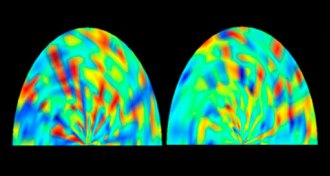 Neuroscience
NeuroscienceSense of smell is strictly personal, study suggests
A new test can identify individuals based on their sense of smell, and may hold information about a person’s genetic makeup as well.
-
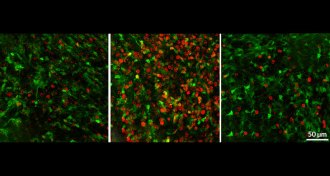 Neuroscience
NeuroscienceBrain’s adult stem cells born early
By tracing the lineages of adult stem cells in the mouse brain, scientists get a view of the cells’ early lives.
-
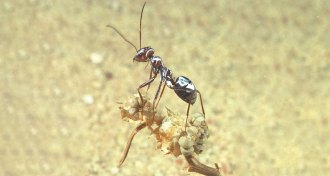 Animals
AnimalsSilver ant hairs reflect sunlight, keeping Sahara dweller cool
The shiny hairs of the Saharan silver ant simultaneously reflect sunlight and permit the release of body heat, keeping the insects just cool enough to scavenge in the extreme summer sun.
By Andrew Grant -
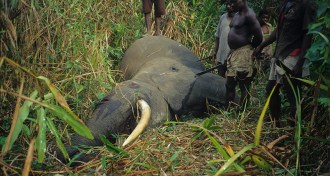 Genetics
GeneticsIvory DNA pinpoints poaching hot spots
Genetic analysis of ivory DNA reveals major poaching hot spots in Africa.
By Meghan Rosen -
 Animals
AnimalsWhen baboons travel, majority rules
GPS study suggests baboons use simple rules to resolve travel disputes without leaders.
By Bruce Bower